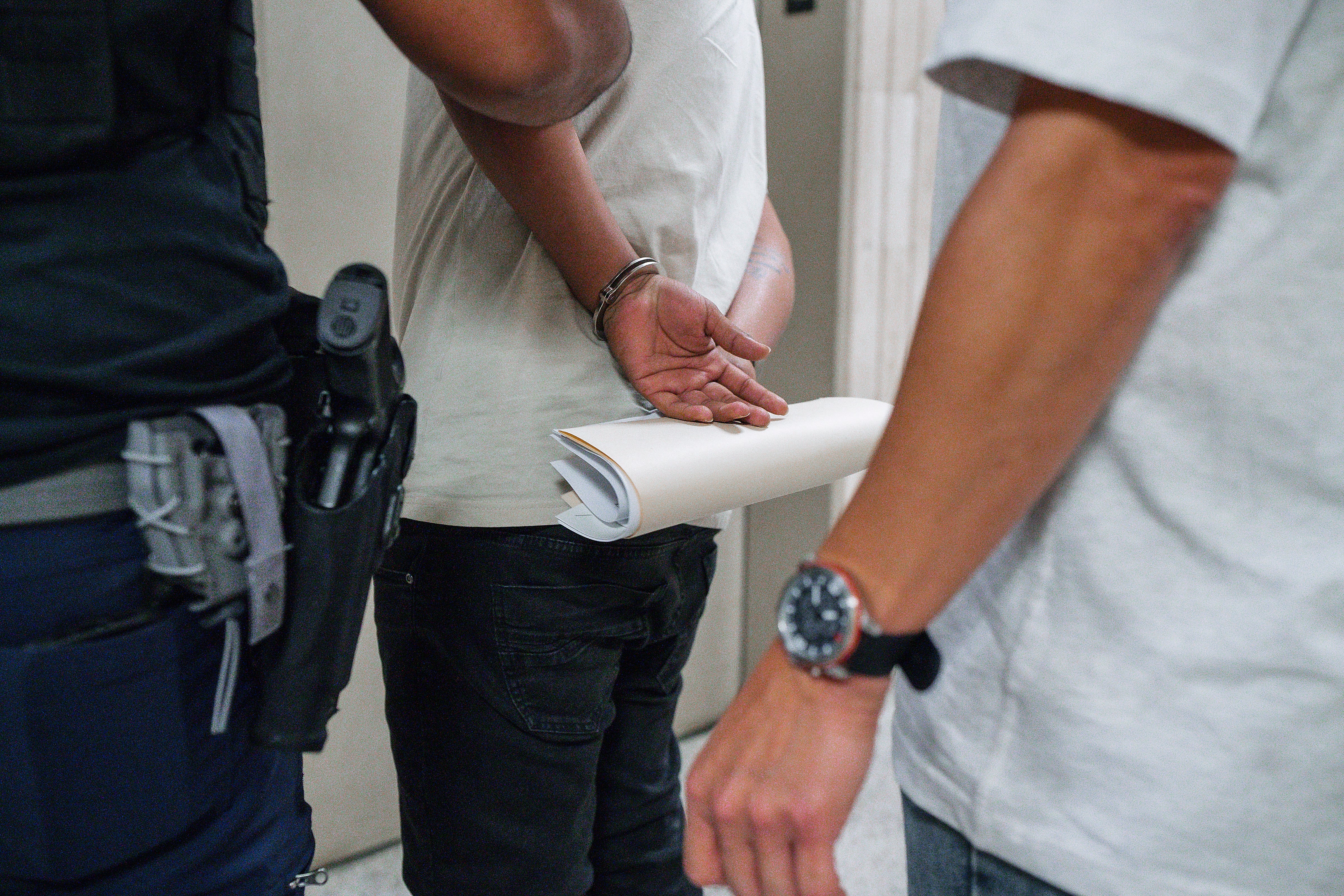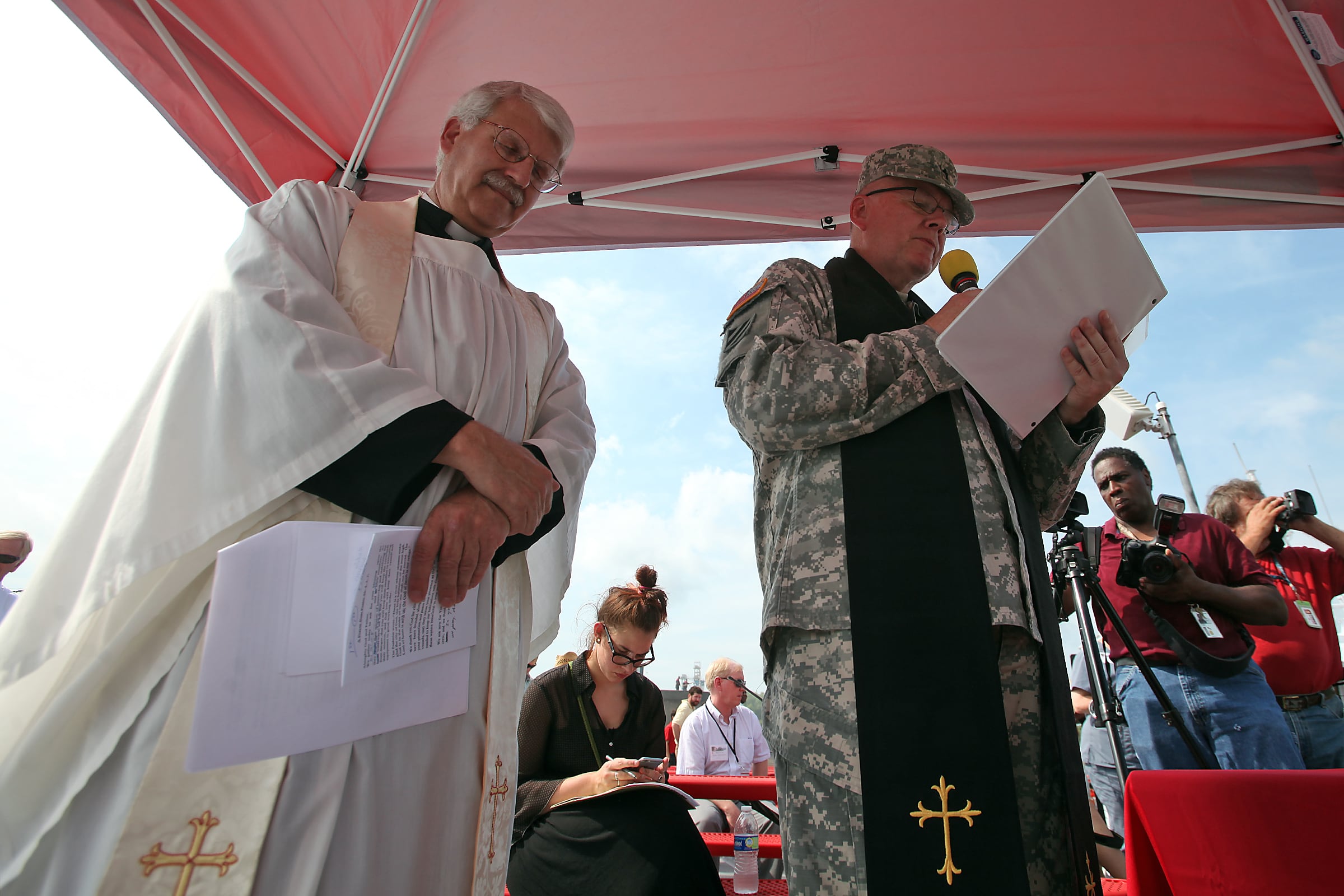The destroyer Porter and a P8-A Poseidon sub hunter on Wednesday kicked off the at-sea portion of a Romanian-hosted exercise with NATO forces on Russia's doorstep.
Exercise Sea Shield is an annual maritime drill designed to get the countries used to working together in the event of a conflict, according to a Navy release.
"We've already strengthened our interoperability through the in-port planning phase of Sea Shield 2017, and Porter in particular is looking forward to the operational phase at sea," said Cmdr. Andria Slough, the Porter’s skipper. "Advanced exercises like Sea Shield provide us with an opportunity to work across all warfare areas, ultimately improving our combined readiness and naval capability with our Black Sea allies and partners."
Porter is based in Rota, Spain, and the P-8A is from Patrol Squadron 45 based in Jacksonville, Florida.
The U.S. forces are joining NATO Standing Maritime Group 2. Countries involved in the exercise include Bulgaria, Romania, Canada, Greece, Spain, Turkey and Ukraine.
Tensions in the Black Sea have been high since Russia annexed the Crimean Peninsula from Ukraine in 2014. Crimea is home to the Russian Black Sea Fleet and has been heavily fortified with long-range anti-ship missiles designed to keep NATO at bay.
The Russian defense minister released a statement last week calling on NATO to keep the exercises contained and to not challenge the Russian Federation.
"We hope that the drills will be conducted in the safest possible environment without challenges towards the Russian Federation," said Segey Shoigu, according to the state-funded news agency Russia Today. "In any case, we are ready for such challenges."
The annexation of Crimea was a wake-up call for NATO, which has shifted its focus to confronting the high-end threat posed by Russia after years of low-end counter-piracy and counter-terror missions.
In late 2014, then head of NATO’s maritime arm Royal Navy Vice Adm. Peter Hudson told Navy Times that focusing on large-scale, complex naval warfare was now his main objective.
"It used to come naturally 25 years ago," Hudson said. "We used to do big, complex NATO exercises in all environments, but the world has changed. We haven't been doing as many of those in the last 10, 15 years. But I think Ukraine has told us we need to up our game and I think that's the plan in the near future."
David B. Larter was the naval warfare reporter for Defense News.





